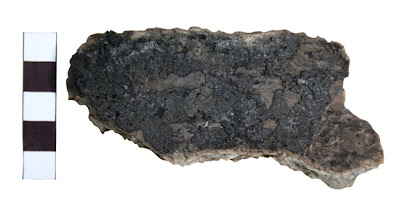Carolina Naturally is read in 192 countries around the world daily.
Don't forget to visit our sister blog: It Is What It Is
Some of our readers today have been in:
Montevideo, Uruguay
Skopje, Macedonia
Seoul, Korea
Hanoi, Vietnam
Thiruvananthapuram, Mumbai, Hyderabad and New Delhi, India
San Juan, Puerto Rico
Joliette, Thunder Bay, Montreal, Toronto and Winnipeg, Canada
Iasi and Bucharest, Romania
Kuala Lumpur, Malaysia
Lo Prado, Chile
Rouen and Laval, France
Milan, Rome, Trieste and Padova, Italy
Guarda, Portugal
Aranjuez and Madrid, Spain
Jakarta, Bandung and Pontianak, Indonesia
Quezon City and Makati, Philippines
Islamabad, Pakistan
Midrand and Cape Town, South Africa
Nuremberg and Muenchen, Germany
London and Birmingham, England
Ryazin and Moscow, Russia
Kathmandu, Nepal
Kobe-Shi, Japan
Athens, Greece
Buenos Aries, Argentina
Singapore, Singapore
Dublin, Ireland
Groningen and Amsterdam, Netherlands
Niva, Denmark
Nokia, Finland
Sandsli and Oslo, Norway
Ankara, Turkey
Kiev, Ukraine
Kampala, Uganda
Budapest, Hungary
Rio De Janeiro, Brazil
Melbourne and Heidelberg, Australia
















